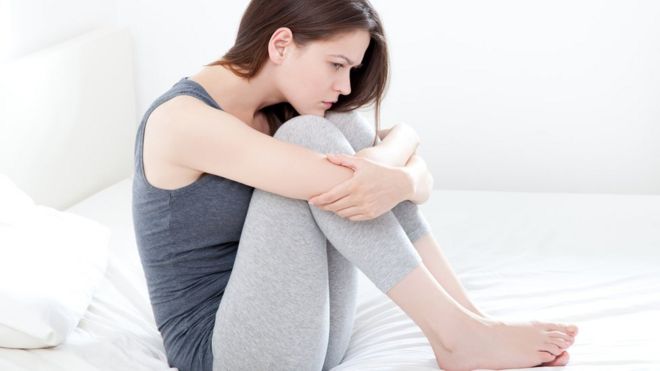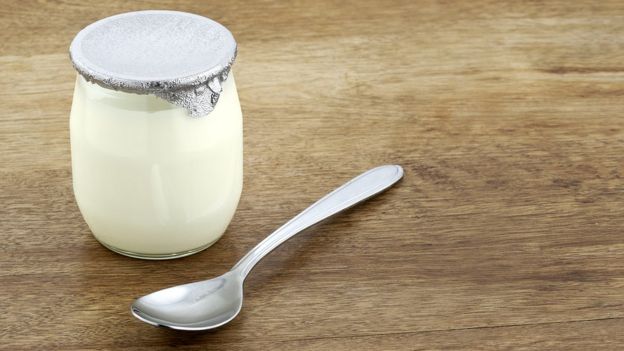
The common vaginal infection thrush can make life "hell" for millions
of women worldwide, particularly if it keeps coming back, scientists
are warning.
- According to University of Manchester research, recurrent thrush is a growing problem which can feel "like torture" if it isn't treated.
-Three out of four women are thought to develop thrush at least once and 6% suffer repeatedly, scientists say.
-More than a million women in the UK are affected by the painful infection.
-But for many women it is a taboo subject, says Dr Riina Rautemaa-Richardson, clinician and lead Manchester researcher of a review in The Lancet Infectious Diseases.
-"Thrush is often thought of as an embarrassing problem women should accept, rather than a medical problem which needs to be dealt with.
-"But for millions of women, it can have a massive impact on their quality
of life."
Marriage wrecker
She says the itching, pain and discomfort of chronic thrush can make women feel neurotic and desperate.
-For some, it causes a serious loss of confidence which can make exercise
and sex very difficult.
*Dr Rautemaa-Richardson says it can affect absolutely every aspect of
a woman's life.
-"They say, 'Life is hell', 'I can't go on holiday because of it' and
'I can't do this or that'.
-"Female patients have told me I saved their marriage by getting rid of thrush."
-Most cases occur in women aged 25 to 34, but a growing female population using hormonal replacement therapy (HRT) - to alleviate menopause
symptoms and improve sexual experience - is thought to be behind the
rise in the numbers affected.

Thrush symptoms in women:
*white discharge (like cottage cheese), which doesn't usually smell
*itching and irritation around the vagina
*soreness and stinging during sex or when you pee
Thrush can affect other areas of skin, such as the armpits, groin and
between the fingers, causing a red, itchy or painful rash.
Sometimes thrush causes no symptoms at all.
Source: NHS Choices
-Why does thrush occur?
Vulvovaginal candidiasis - known as thrush - is caused by the overgrowth
of the fungus candida.
-It often arises in the week before a period starts and is most common in sexually active women taking the pill or those on HRT or antibiotics.
-There are other causes for vaginal itching, such as eczema, so women
should be properly examined before starting treatment.
-Why does it come back?
Although thrush is treatable, using over-the-counter tablets, creams and pessaries, it often returns and can become a chronic problem which
won't go away.
-In some cases, after 20 or 30 episodes, the infection can become resistant
to standard drugs, leaving women with few treatment options.
-Special infection centres can provide treatment even if your own GP cannot.

Does yoghurt really work?
*Dr Riina Rautemaa-Richardson says there isn't any scientific evidence
that putting yoghurt on vaginal thrush makes it go away.
-But it could have a cooling effect - and is likely to be more beneficial for
thrush on the tongue.
The yoghurt must contain live bacteria to work.
-Any other myths?
*there is no magic diet solution - stopping eating different foods won't
make any difference
*men don't get thrush - they get balanitis which is a skin irritation on
the head of the penis
*it can't be washed away - this just dries the skin and disturbs the
bacterial-fungal balance.
https://www.bbc.com/news/health-45030024

Δεν υπάρχουν σχόλια:
Δημοσίευση σχολίου